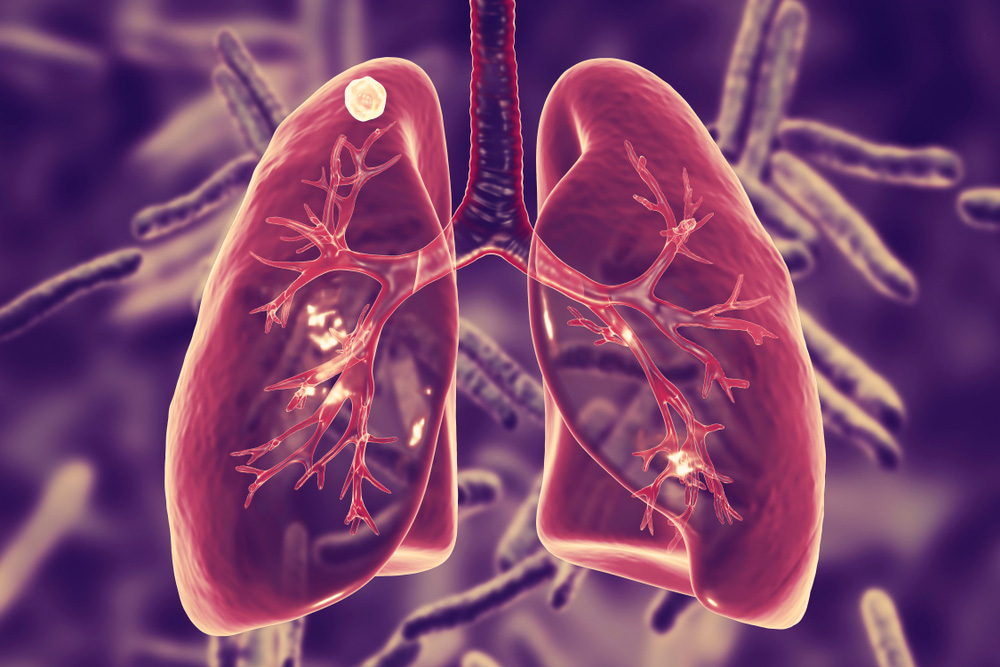
Infections of the lung cover a wide range of illnesses with a variety of origins. Infections of the lung stem from inflammation or swelling near the lungs. Lung infections are caused by a virus, fungi or bacteria. Some of the most common lung infections are influenza (flu), tuberculosis (TB), bronchitis and pneumonia.
Treatment
Influenza
Influenza is treated with antiviral medications or prescription medications for the flu. If influenza is severe, hospitalization may be required.
Tuberculosis
Tuberculosis is treated with medication.
Pneumonia
If pneumonia is caused by bacteria, the doctor will treat the pneumonia condition with an antibiotic medication. If viral, antiviral medication may be administered. In the case of severe pneumonia, it may require hospitalization. While in the hospital, treatment may consist of intravenous antibiotics, oxygen therapy to help with oxygen levels and respiratory treatments to eliminate secretions from the lungs.
Chronic Bronchitis
There is no cure for chronic bronchitis. The overall treatment goal for chronic bronchitis is to relieve symptoms and to prevent complications. In cases of severe chronic bronchitis, the course of treatment may involve the following:
- Annual flu shot
- Pneumonia shot
- Expectorant
Some patients with chronic bronchitis also may develop emphysema. Combined together, these conditions form COPD. If this happens, treatment options may include:
- Use of a bronchodilator
- Steroids
- Oxygen therapy